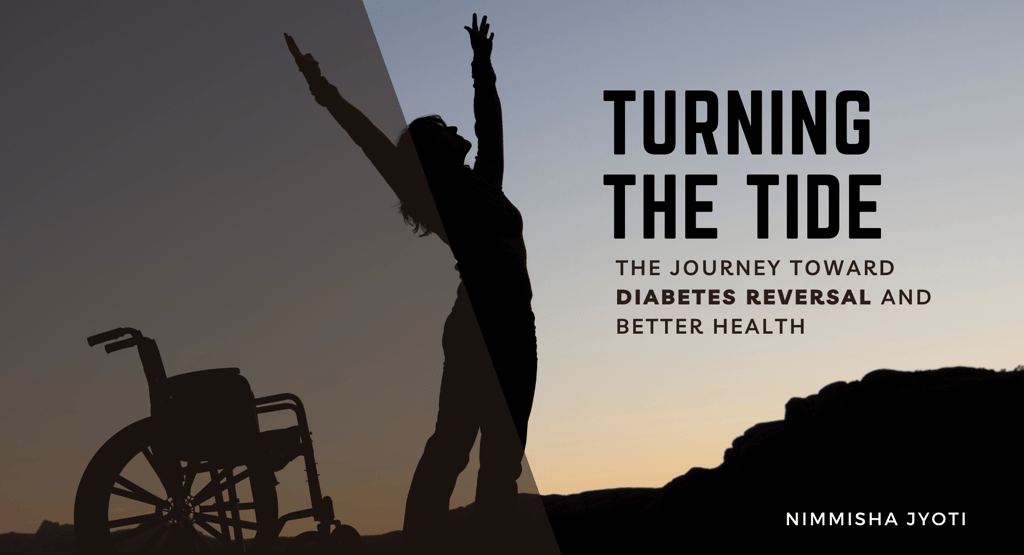Turning the Tide: The Journey Toward Diabetes Reversal and Better Health
Diabetes reversal is not just a possibility; it is an achievable reality with the right combination of nutrition, lifestyle changes, and support from healthcare professionals. By focusing on low-glycemic carbohydrates, balanced meal planning, regular exercise, and making sustainable lifestyle adjustments, individuals can take proactive steps toward managing and even reversing diabetes. The power lies in embracing a holistic approach—one that empowers individuals to regain control over their health and reduce the long-term impact of the condition. Through continued education, community support, and personalized care, we can turn the tide on diabetes and promote a healthier, more balanced life for those living with the condition.
DIABETES REVERSAL


Diabetes has reached epidemic proportions globally, affecting over 537 million adults in 2021, with numbers projected to rise to 783 million by 2045 (International Diabetes Federation, 2021). India, often referred to as the "diabetes capital of the world," accounts for 74 million cases of diabetes, with an alarming prevalence of prediabetes affecting nearly 10-15% of the population (ICMR-INDIAB Study). The financial and healthcare burden of diabetes is immense, costing the global economy $966 billion annually (Diabetes Research and Clinical Practice, 2021).
Beyond numbers, the condition significantly impacts quality of life, contributing to complications like cardiovascular disease, neuropathy, and kidney failure. The growing recognition of diabetes as a reversible condition, particularly Type 2 diabetes, offers hope. Lifestyle interventions, including diet and exercise, have been proven to reduce blood sugar levels, improve insulin sensitivity, and even achieve remission, making diabetes reversal a critical focus for individuals and healthcare systems alike.
Nutrition and Diabetes
Nutrition plays a pivotal role in managing and reversing diabetes, serving as the cornerstone of a healthy lifestyle. The right dietary choices can help regulate blood sugar levels, improve insulin sensitivity, and reduce the risk of complications associated with diabetes. By focusing on nutrient-dense, whole foods and balanced meal planning, individuals can achieve better glycemic control and overall health. Whether it’s choosing low-glycemic carbohydrates, incorporating lean proteins, or prioritizing healthy fats, personalized nutrition strategies empower individuals to take control of their condition and work towards diabetes reversal.
Role of Carbohydrates, Proteins, and Fats
Carbohydrates play a significant role in blood sugar regulation, as they directly impact glucose levels. Choosing complex carbohydrates like whole grains, legumes, and vegetables over refined ones can help stabilize blood sugar. Proteins are essential for muscle repair and satiety, and they have a minimal effect on blood glucose levels. Healthy fats, such as those from nuts, seeds, and olive oil, support cellular function and help maintain energy balance without spiking blood sugar, making them an integral part of diabetes reversal strategies.
Glycemic Index and Glycemic Load
The glycemic index (GI) measures how quickly a carbohydrate-containing food raises blood glucose levels, while the glycemic load (GL) considers both the GI and the carbohydrate content of a serving. Foods with a low GI and GL, such as lentils and non-starchy vegetables, release glucose slowly, preventing sharp spikes in blood sugar. Understanding these concepts empowers individuals to make informed food choices that promote sustained energy and support diabetes reversal.
Meal Planning and Portion Control
Effective meal planning focuses on balanced meals that include appropriate portions of carbohydrates, proteins, and fats. Portion control is key to preventing overeating and managing blood sugar levels. Tools like measuring cups, plate method guidelines, and calorie trackers help individuals maintain proper portion sizes, making it easier to align dietary habits with diabetes management and reversal goals.
Special Diets for Diabetes Management
Specialized diets like low-carb, Mediterranean, and plant-based diets have shown promising results in managing and reversing diabetes. These diets emphasize nutrient-dense, whole foods while reducing refined sugars and unhealthy fats. For example, a plant-based diet rich in fiber and antioxidants can improve insulin sensitivity and reduce inflammation, paving the way for better blood sugar control and long-term health improvements.
Benefits of Exercise in Diabetes
Exercise is a cornerstone of diabetes reversal, enhancing insulin sensitivity and facilitating glucose uptake by muscles. Regular physical activity helps lower blood sugar levels, improves cardiovascular health, and supports weight management. Exercise also reduces stress and boosts overall well-being, making it an indispensable component of a holistic diabetes care plan.
Types of Exercise (Aerobic, Resistance, Flexibility)
Aerobic exercises, like walking and swimming, improve cardiovascular health and increase insulin sensitivity. Resistance training, such as weightlifting or bodyweight exercises, helps build muscle mass, which enhances glucose metabolism. Flexibility exercises, including yoga and stretching, improve joint mobility and reduce the risk of injuries, ensuring that individuals can maintain an active lifestyle safely.
Precautions During Physical Activity for Diabetics
For individuals with diabetes, it’s important to monitor blood sugar levels before and after exercise to prevent hypoglycemia or hyperglycemia. Staying hydrated, wearing appropriate footwear to prevent foot injuries, and starting with moderate-intensity workouts are essential precautions. Additionally, carrying a quick source of glucose, like fruit or glucose tablets, can help address sudden drops in blood sugar levels.
Lifestyle Modifications for Prediabetes
Lifestyle changes, such as adopting a balanced diet, increasing physical activity, and managing stress, are powerful tools for preventing diabetes. Weight management plays a crucial role, as even a 5–10% reduction in body weight can significantly improve insulin sensitivity. Avoiding smoking and limiting alcohol consumption further enhance overall health and reduce the risk of progressing to diabetes.
Role of Diabetes Educators and Health Coaches
Diabetes educators and health coaches are vital in empowering individuals to manage and reverse diabetes. They provide personalized guidance on diet, exercise, and lifestyle changes while offering emotional support. By educating patients about diabetes and helping them set realistic goals, these professionals enable individuals to take charge of their health and achieve sustainable improvements.
Developing Actionable Management Plans
Creating an actionable management plan involves setting clear, achievable goals tailored to an individual’s needs. This includes structured meal plans, exercise routines, and stress management techniques. Regular monitoring of progress and making adjustments based on feedback ensure the plan’s effectiveness. A collaborative approach, involving the patient and healthcare professionals, fosters long-term adherence and success in diabetes reversal.
Diabetes reversal is not just a possibility; it is an achievable reality with the right combination of nutrition, lifestyle changes, and support from healthcare professionals. By focusing on low-glycemic carbohydrates, balanced meal planning, regular exercise, and making sustainable lifestyle adjustments, individuals can take proactive steps toward managing and even reversing diabetes. The power lies in embracing a holistic approach—one that empowers individuals to regain control over their health and reduce the long-term impact of the condition. Through continued education, community support, and personalized care, we can turn the tide on diabetes and promote a healthier, more balanced life for those living with the condition.
Join Nimmisha Jyoti's "Diabetes Reversal Program"
Nimmisha Jyoti, a Certified Nutritionist, Certified Integrated Medicine Practitioner, Diabetes Reversal Health Coach, and Wellness Mentor, is on a mission to transform the lives of 100,000 diabetes patients by guiding them towards holistic health and wellness. With her expertise and personalized approach, she offers a comprehensive Diabetes Reversal Program designed to empower individuals to manage and reverse their condition. Join her journey and take the first step towards a healthier, diabetes-free life. Together, let's create a path to wellness and holistic well-being.
For more information, Whatsapp +91 7217619967 to book a FREE ZERO SESSION on DIABETES REVERSAL.
visit https://www.nutrifytheworld.in/
Team "NutrifyTheWorld"
Disclaimer:
The information provided on NutrifyTheWorld blog is for educational and informational purposes only. It is not intended as a substitute for professional medical advice, diagnosis, or treatment. Always seek the advice of your physician or other qualified health provider with any questions you may have regarding a medical condition. Never disregard professional medical advice or delay in seeking it because of something you have read on NutrifyTheWorld blog. The opinions expressed by the experts in this article are their own and do not necessarily reflect the views of NutrifyTheWorld or its affiliates. Product recommendations are based on research and personal experiences, but individual results may vary. Before using any product mentioned on NutrifyTheWorld blog, please read the label and consult with a healthcare professional to ensure it is suitable for your specific needs and conditions. We do not endorse or promote any specific brand or product mentioned on NutrifyTheWorld blog. Any reliance you place on the information provided is at your own risk. NutrifyTheWorld shall not be liable for any loss or damage arising from the use of information on its blog.


